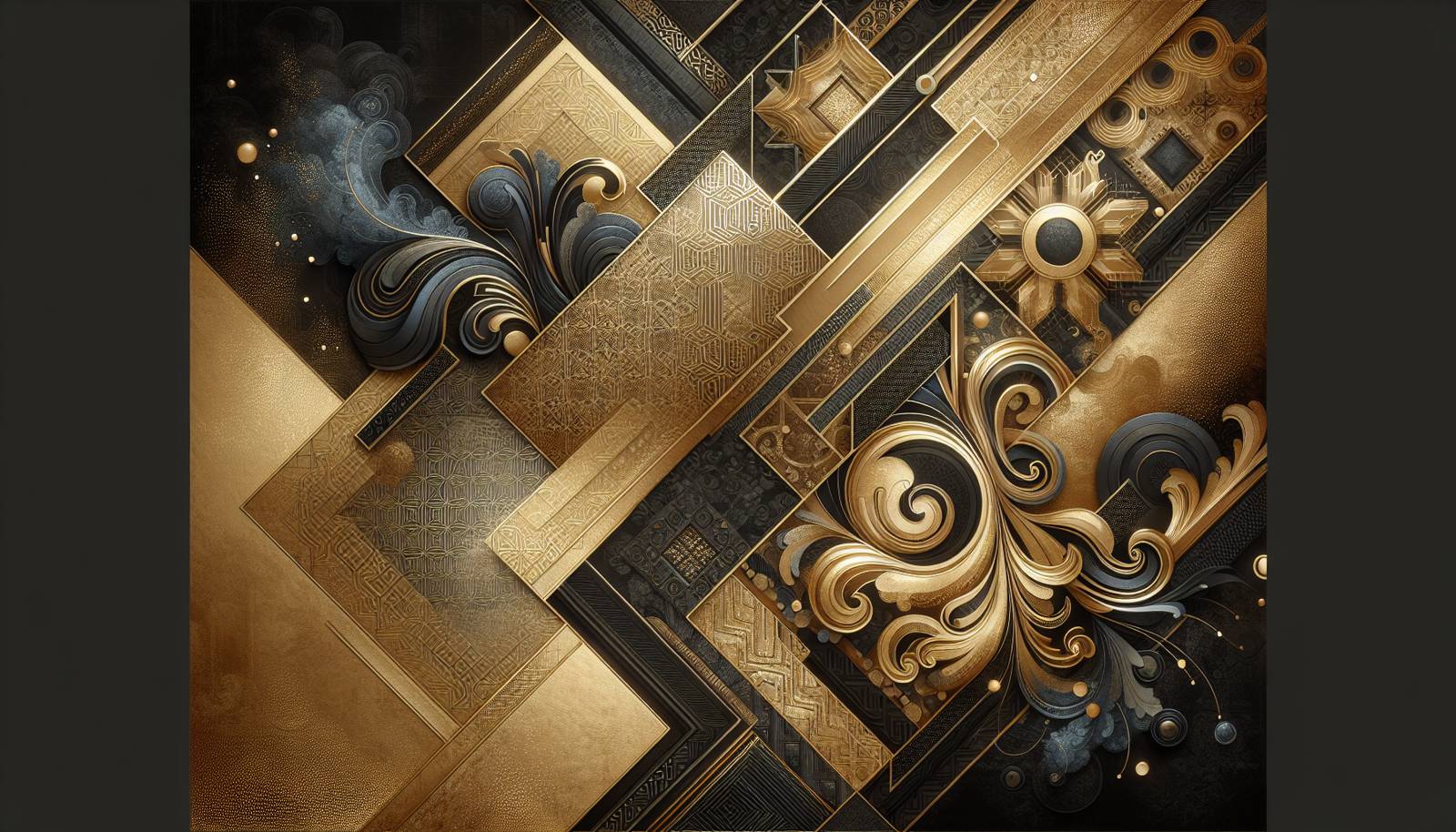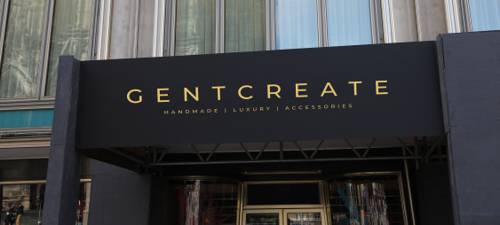
FAQ About The Role of Luxurious Fashion in Symbolizing Power

What role did luxurious fashion play in historical societies?
In historical societies, luxurious fashion was a significant indicator of power and social status. It often signified wealth, authority, and influence, with materials like silk, velvet, and gold being accessible only to the elite classes. For example, in Renaissance Europe, opulent garments were used by the nobility to display their social rank and distinguish themselves from the lower classes.

How does luxurious fashion symbolize power in modern times?
In modern times, luxurious fashion continues to symbolize power through the association with high status and exclusivity. High-end brands are often seen as symbols of success and wealth, worn by influential individuals in society, such as celebrities, politicians, and business leaders. These fashion choices reflect their personal brand and convey status and influence.

What materials are historically associated with luxurious fashion?
Historically, luxurious fashion has been associated with rare and expensive materials such as silk, velvet, brocade, and gold. These materials were difficult to produce and afford, making them exclusive to royalty and the aristocracy. Over time, other materials like fine leathers and precious stones have also become synonymous with luxury.

Can luxurious fashion influence cultural identity?
Yes, luxurious fashion can significantly influence cultural identity. It often serves as a medium through which cultural values, traditions, and hierarchies are expressed and reinforced. In many societies, the way people dress is a reflection of cultural heritage and can be a source of pride and identity.

Are there any notable examples of luxurious fashion influencing societal structures?
Notable examples include the French court in the 17th and 18th centuries, where sumptuary laws dictated what different classes could wear, reinforcing social hierarchies. In contemporary settings, luxury fashion brands often align with influential social figures, further entrenching their roles in shaping societal norms and expectations.

How have luxury fashion brands evolved over time?
Luxury fashion brands have evolved from being makers of custom, one-of-a-kind pieces for royalty and the wealthy to comprehensive global enterprises that define trends and brand status. They have expanded their reach through globalization, and now often produce ready-to-wear lines that maintain exclusivity through pricing, branding, and limited editions.

What role does luxurious fashion play in global markets?
Luxurious fashion plays a critical role in global markets as a major driver of the fashion industry's economy. High-end brands contribute substantially to market growth by appealing to affluent consumers worldwide. They also influence trends across borders, demonstrating fashion's role in cultural exchange and international business.

Why do people associate luxury fashion with power and influence?
People associate luxury fashion with power and influence primarily because it signifies wealth, success, and exclusivity. The high cost, limited availability, and brand prestige behind luxury goods make them desirable, acting as status symbols for those who can afford them, thus reflecting societal power structures.

What impact does celebrity endorsement have on luxurious fashion?
Celebrity endorsements have a significant impact on luxurious fashion by increasing brand visibility, credibility, and appeal. When influential figures wear luxury brands, it creates a perceived value and desire, reinforcing the brand's exclusivity and status as a symbol of power and influence.

How does luxurious fashion differ across cultures?
Luxurious fashion differs across cultures in terms of styles, materials, and symbolism. Each culture may prioritize different elements in fashion for its historical significance, aesthetic preferences, or religious meanings. For instance, traditional Japanese kimonos and Indian saris represent luxury in their respective cultures, each with unique craftsmanship and cultural symbolism.

Has social media changed the way luxurious fashion is perceived?
Yes, social media has significantly changed the perception of luxurious fashion by democratizing access to high fashion insights and influencing trends. Platforms like Instagram showcase luxury brands and their products to a broader audience, enhancing brand prestige and consumer aspiration regardless of geographical location.

What are the ethical considerations in luxurious fashion?
Ethical considerations in luxurious fashion include sustainability, fair trade practices, and the impact of production on the environment and society. With growing awareness, many luxury brands are now focusing on ethical sourcing of materials, reducing carbon footprints, and ensuring fair labor practices to align with consumer values.

What role do fashion shows play in promoting luxurious fashion as a symbol of power?
Fashion shows are crucial in promoting luxurious fashion as symbols of power by showcasing the creativity, exclusivity, and innovation of luxury brands. These events attract global media attention and high-profile attendees, reinforcing the perception of luxury fashion as a cultural and economic force.

How does luxurious fashion influence consumer behavior?
Luxurious fashion influences consumer behavior by creating a desire for status, exclusivity, and trend-setting. Consumers often view luxury purchases as investments not only in the quality of the item but also as a means to elevate their social standing.

What strategies do luxury brands use to maintain exclusivity?
Luxury brands maintain exclusivity through strategies such as limited edition releases, high pricing, selective distribution, and collaborations with artists or celebrities. They also utilize brand storytelling and heritage to create an aura of exclusivity and prestige around their products.

Is there a connection between luxurious fashion and economic status?
Yes, there is a strong connection between luxurious fashion and economic status, as luxury items are typically expensive and therefore accessible primarily to individuals with significant disposable income. They serve as markers of financial success and often represent a visible display of economic capability.

How do luxury fashion brands impact cultural trends?
Luxury fashion brands impact cultural trends by leading innovation in design and setting standards in the fashion industry. Their influence extends beyond fashion to broader cultural trends, as they often explore artistic, social, and political themes that resonate with global audiences.

How is luxurious fashion represented in the media?
Luxurious fashion is often represented in the media through high-fashion magazines, digital platforms, and advertisements featuring aspirational lifestyles. Media portrayal emphasizes exclusivity, allure, and sophistication, often connecting luxury fashion to influential figures and prestigious events.

Can luxurious fashion have social implications?
Yes, luxurious fashion can have social implications by reinforcing social stratification and contributing to consumer culture that values materialism. However, it can also promote cultural appreciation and diversity through exposure to global styles and craftsmanship.

What challenges do luxury fashion brands face today?
Luxury fashion brands face challenges including adapting to digital transformations, addressing sustainability and ethical concerns, and navigating market volatility. Brands must also find a balance between maintaining exclusivity and exploring mass-market strategies to stay relevant in a rapidly changing world.
